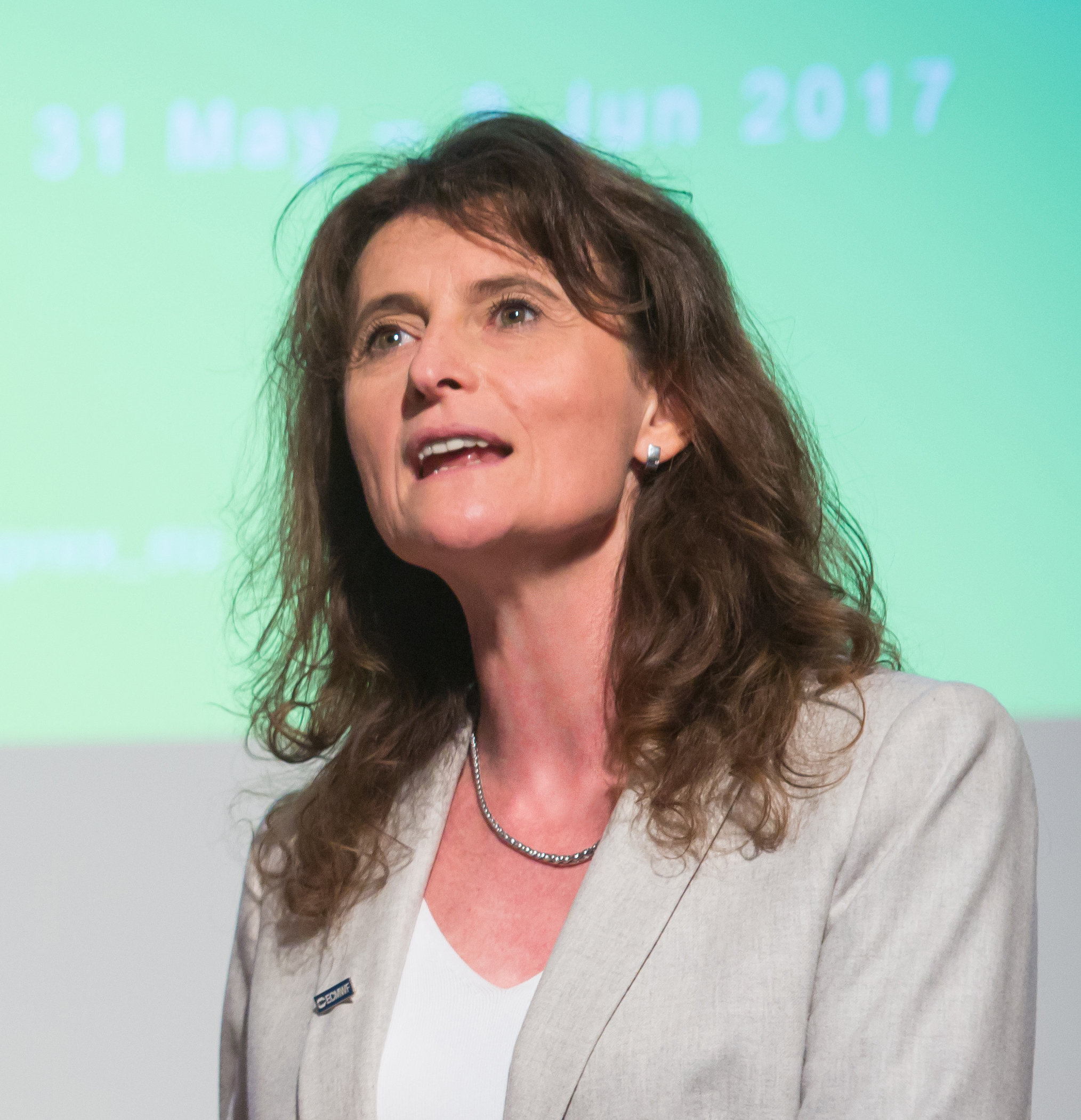 At ECMWF, we pride ourselves on pushing the boundaries of weather science to produce forecasts of ever higher quality. It is important to remember that this is not an end in itself. The ultimate test for the progress we make is its usefulness to society. Severe weather and the impact it can have on people and economies are stark reminders of the value of timely and accurate weather forecasts. Tropical cyclone Idai, which hit Mozambique in March 2019, is an example of a storm that brought multiple hazards, from high winds and a storm surge to extreme rainfall causing widespread flooding. As described in this Newsletter, ECMWF worked with partners at the Universities of Reading and Bristol and the UK Government to support the humanitarian response to the disaster. Briefings drew on flood forecasts from the Global Flood Awareness System, which is part of the EU-funded Copernicus Emergency Management Service and uses rainfall from our ensemble forecasts as input.
At ECMWF, we pride ourselves on pushing the boundaries of weather science to produce forecasts of ever higher quality. It is important to remember that this is not an end in itself. The ultimate test for the progress we make is its usefulness to society. Severe weather and the impact it can have on people and economies are stark reminders of the value of timely and accurate weather forecasts. Tropical cyclone Idai, which hit Mozambique in March 2019, is an example of a storm that brought multiple hazards, from high winds and a storm surge to extreme rainfall causing widespread flooding. As described in this Newsletter, ECMWF worked with partners at the Universities of Reading and Bristol and the UK Government to support the humanitarian response to the disaster. Briefings drew on flood forecasts from the Global Flood Awareness System, which is part of the EU-funded Copernicus Emergency Management Service and uses rainfall from our ensemble forecasts as input.
Our rules allow us to provide a full set of relevant data to any Member of the World Meteorological Organization (WMO) facing severe weather. But weather forecasts are of great value in other ways too: they routinely support planning and decision-making in many sectors of the economy as well as the day-to-day lives of citizens. Our forecasts are made available in full to our Member and Co-operating States as well as to a wide range of other users, and a significant subset is freely available to all WMO Members. The wide use of our forecasts means that the substantial progress made in the June upgrade of ECMWF’s Integrated Forecasting System (IFS) matters. The scorecards for IFS Cycle 46r1 presented in this Newsletter speak for themselves: significant improvements have been achieved across regions and parameters, in both our ensemble forecasts and our high-resolution deterministic forecasts. The upgrade also makes new output parameters available, including extended-range products for 2‑metre temperature and total precipitation to provide earlier indications of severe weather.
Making our data useful requires more than the production of timely, high-quality forecasts. The data need to be handled, stored and disseminated efficiently. Improving the systems that do this is a major, continuous stream of work. A lot of it takes place outside the limelight. Progress reported in this Newsletter includes a major upgrade of ECMWF’s Fields Database software library, which makes the short-term storage of meteorological fields much more resilient and flexible. This will help to ensure the timely dissemination of forecasts. A new, more efficient and modern product generation software package has also been implemented. Other user-oriented developments include a new distribution channel for ECMWF software and the development of a user forum for the EU-funded Copernicus Climate Change Service implemented by ECMWF. It is only by continuously updating and improving all our systems that we can maximise the usefulness of our data to society.
Florence Rabier
Director-General

